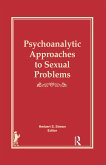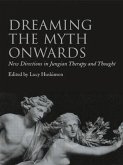In her characteristically engaging style, Nelson explores a topic that has fascinated and frustrated scholars for centuries. Initially drawn to the meaning of laughter through her decades of work studying crying from an attachment perspective, Nelson argues that laughter is based in the attachment system, which explains much about its confusing and apparently contradictory qualities. Laughter may represent connection or detachment. It can invite closeness, or be a barrier to it. Some laughter helps us cope with stress, other laughter may serve as a defense and represent resistance to growth and change. Nelson resolves these paradoxes and complexities by linking attachment-based laughter with the exploratory/play system in infancy, and the social/affiliative system, the conflict/appeasement, sexual/mating, and fear/wariness systems of later life. An attachment perspective also helps to explain the source of different patterns and uses of laughter, suggests how and why they may vary according to attachment style, and explain the multiple meanings of laughter in the context of the therapeutic relationship. As she discovers, attachment has much to teach us about laughter, and laughter has much to teach us about attachment. This lively book sheds light on the ways in which we connect, grow, and transform and how, through shared humor, play, and delight, we have fun doing so.
Hinweis: Dieser Artikel kann nur an eine deutsche Lieferadresse ausgeliefert werden.
Hinweis: Dieser Artikel kann nur an eine deutsche Lieferadresse ausgeliefert werden.









